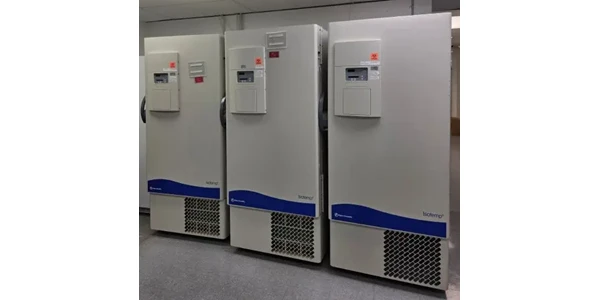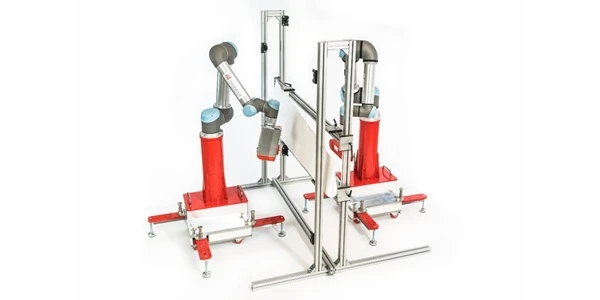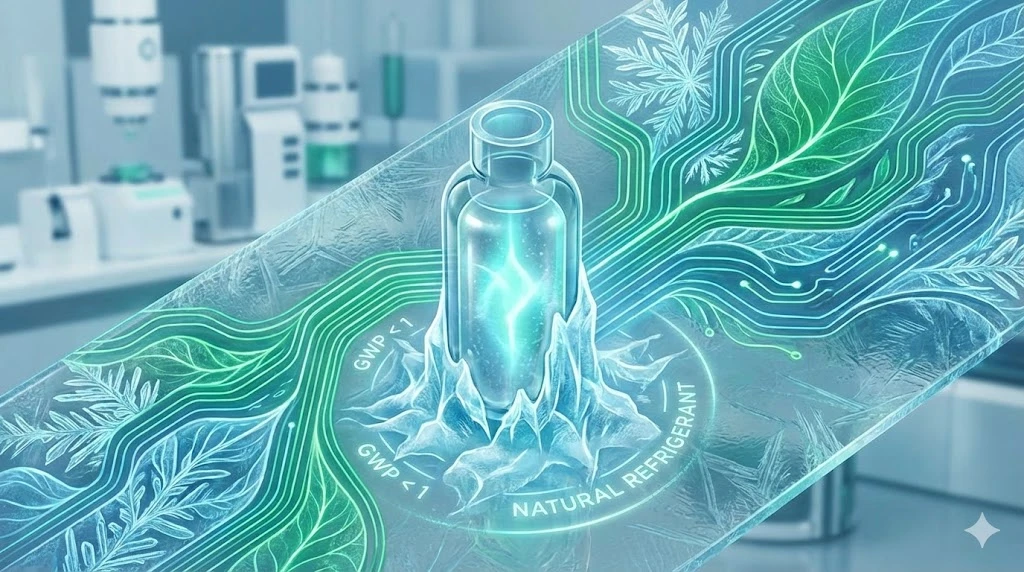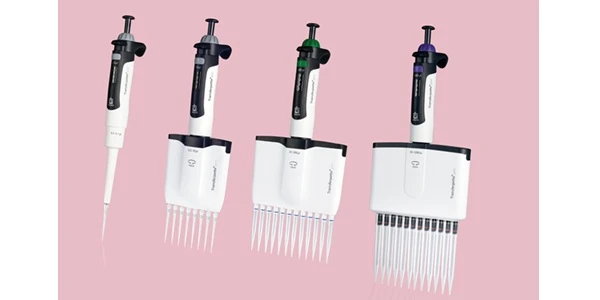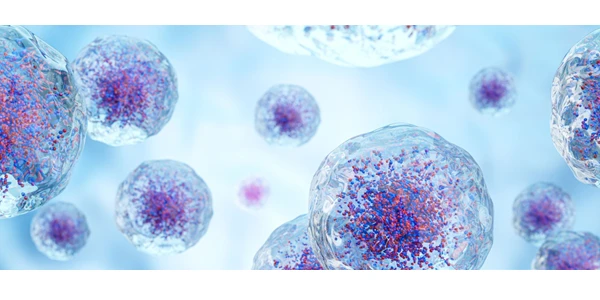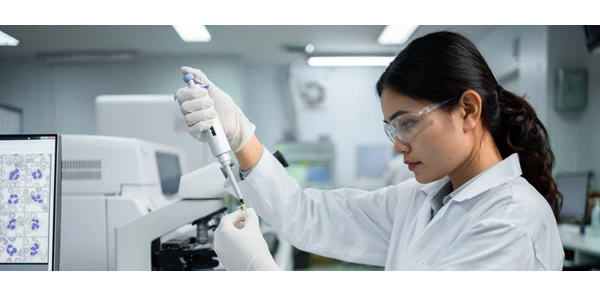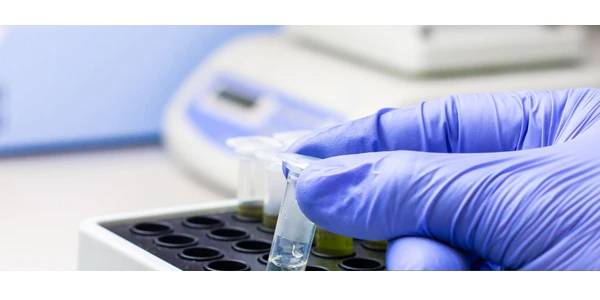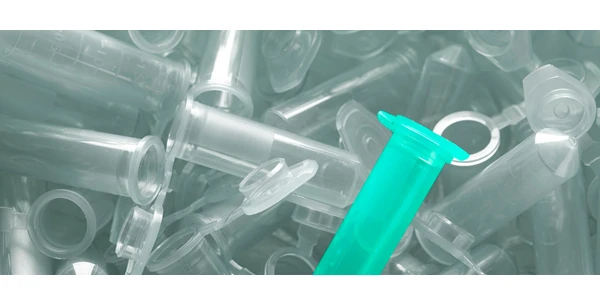Testing and Certification: Ensuring Quality in Pre-Owned Mass Spectrometers
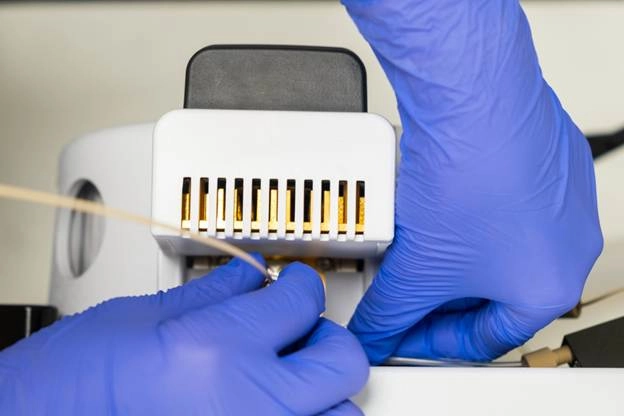
When purchasing a pre-owned mass spectrometer, ensuring its performance, accuracy, and reliability is crucial. Without proper testing and certification, buyers risk acquiring an instrument that may fail to meet analytical standards or require costly repairs.
Why Testing and Certification Matter for Pre-Owned Mass Spectrometers
Unlike new instruments, which undergo strict factory calibration and quality control, pre-owned mass spectrometers have been used in real-world lab conditions. Over time, components wear down, drift from calibration, or develop undetected issues. Without thorough testing, a used instrument may provide inaccurate results, reduced sensitivity, or inconsistent performance.
A properly tested and certified mass spectrometer ensures:
- Accurate and reproducible data
- Reliable system performance across various applications
- Compliance with industry regulations such as FDA, GMP, ISO, or GLP
- Updated with modern software and consumables
- Reduced risk of unexpected breakdowns and costly downtime
Testing and certification protect labs from financial loss while ensuring the pre-owned system performs as intended.
Key Testing Procedures for Pre-Owned Mass Spectrometers
Before purchasing a pre-owned mass spectrometer, the following tests should be conducted by the seller, refurbisher, or a third-party lab to validate its functionality.
System Calibration and Performance Qualification. Mass spectrometers require precise calibration to ensure accurate mass measurements. Testing should include:
- Mass accuracy calibration using reference standards (e.g., PEG, Tuning Mix, or Perfluorinated compounds)
- Resolution and sensitivity testing to verify signal strength
- Peak shape analysis to confirm spectral integrity
- Baseline stability tests to ensure proper noise levels
These tests confirm that the instrument meets manufacturer specifications and is suitable for analytical use.
Vacuum System Integrity Check. Mass spectrometers rely on high-vacuum systems to maintain ion path integrity. Common issues with pre-owned systems in
- Vacuum leaks reducing ion transmission
- Degraded or failing vacuum pumps leading to poor performance
- Contaminated vacuum lines affecting spectral clarity
A certified refurbisher should replace worn seals, clean vacuum chambers, and test pump efficiency to ensure optimal function.
Detector and Ion Source Performance Testing. Detectors and ion sources are critical components for generating and capturing ions. Common tests include:
- Ion source optimization tests to confirm proper ionization efficiency
- Signal-to-noise ratio testing to assess detector sensitivity
- Dwell time and cycle time verification to ensure correct scanning speeds
Any burnt-out filaments, misaligned optics, or detector degradation should be addressed before certification.
Software and Firmware Compatibility Check. Older mass spectrometers may have outdated firmware or software that is incompatible with modern laboratory systems. Testing should confirm:
- The system can run on current operating systems (Windows 10 or 11, Linux, etc.)
- It supports relevant data acquisition and processing software
- It integrates with LIMS and other lab automation tools
- If an instrument requires legacy software or custom drivers, buyers should ensure long term support availability. Software licenses may not be transferable. Be sure your purchase comes with a new software license or be prepared to purchase separately.
Contamination Testing and Decontamination. Pre-owned mass spectrometers may have residual contamination from prior use, especially in pharmaceutical, forensic, or biological labs. This can be a major issue unless there has been a proper cleaning procedure or replacement of parts along the sample line.
- Blank runs should be performed to check for carryover and contamination.
- Cleaning procedures should include plasma cleaning, solvent flushing, and replacement of worn components.
- Background signal tests should confirm low contamination levels.
- Proper decontamination ensures sample integrity and reproducibility.
Sample Throughput and Workflow Simulation. To assess real-world performance, refurbishers should test:
- Injection and autosampler performance (if applicable)
- High-throughput sample processing to verify scan speeds
- Multiple scan modes (e.g., SIM, MRM, MS/MS, Q-TOF) for versatility
These tests confirm that the instrument can handle the lab’s specific analytical workflows.
Certification of Pre-Owned Mass Spectrometers
Once a mass spectrometer passes all functional tests, it should be certified for performance by a reputable vendor.
Manufacturer Certification (If Available). Some manufacturers offer certified pre-owned instruments that undergo factory testing and certification. Things to consider include:
- Comprehensive test reports detailing calibration, resolution, and sensitivity data
- Official documentation, and warranties
- Manufacturer-certified systems are the most reliable pre-owned options but may be more expensive.
Only the original equipment manufacturer will have access to the original factory specifications to meet “same as new” quality claims.
Third-Party Refurbishment Certification. While some third-party resellers may claim their lab instrumentation is “certified”, there is no industry standard or regulation controlling this term. Standards can vary widely depending on vendor or technology. Inquire about:
- Performance validation documents showing compliance with manufacturer specifications
- Extended warranties and service contracts
ISO 17025 or GMP Compliance Certification. If the mass spectrometer is used in regulated industries, it must meet compliance standards:
- ISO 17025 for calibration and testing labs
- GMP compliance for pharmaceutical applications
- FDA 21 CFR Part 11 for data integrity in clinical settings
Certifications ensure the system is suitable for regulated workflows and meets industry standards.
Summary
When purchasing a pre-owned mass spectrometer, buyers should request:
- A full testing report showing calibration, resolution, and vacuum performance
- Certification documentation from the manufacturer or refurbisher
- Warranty and service contract options to cover future maintenance
- Software compatibility confirmation with existing lab systems
- A contamination-free guarantee ensuring proper decontamination
By prioritizing testing and certification, labs can acquire a high-performing pre-owned mass spectrometer with confidence—saving money while maintaining analytical precision.
With proper testing, calibration, and certification, a pre-owned mass spectrometer can perform as well as a new instrument for many applications. However, the key is buying from a trusted source that provides thorough testing, documentation, and warranty support.
Labs looking to balance performance, reliability, and cost-effectiveness should prioritize certified refurbished systems with comprehensive test reports.
